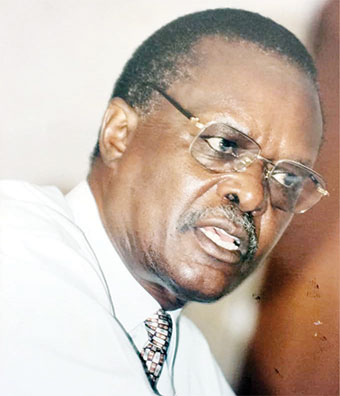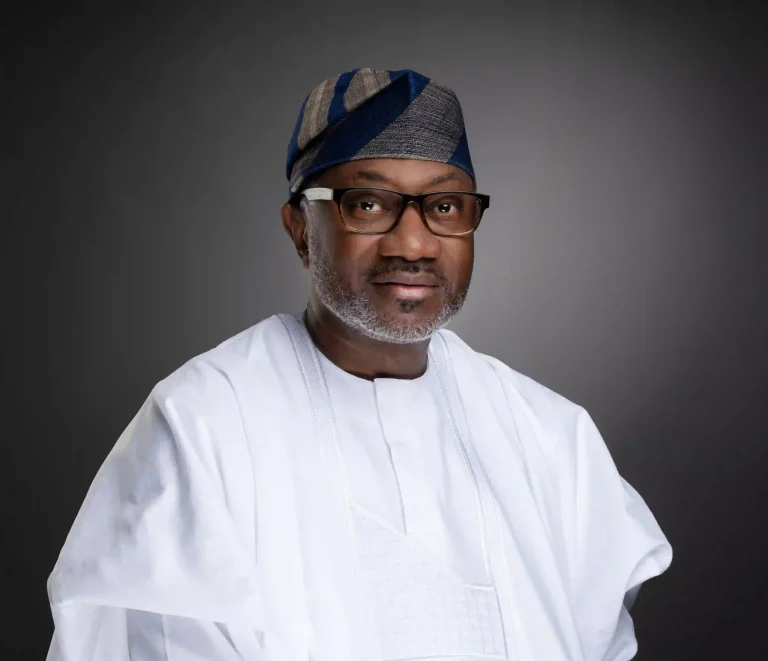
For many years, I have advocated for a Ugandan football hall of fame; a recognition of people who have influenced and shaped the sport over the years.

Unfortunately, my cries continue to fall on deaf ears. Nonetheless, I remain relentless in this pursuit and just a few days ago, my mind raced towards Gerald Sendawula. Today, he is best known as a former politician/banker but if the Gen-Zs got to know what he did for Ugandan football, they would bow before him.
Not that Sendawula needs any gratification; he actually despises it. But it goes without saying that he holds the keys to Ugandan football’s greatest success. Many of his peers may be history but Sendawula heads the SC Villa top or- gan, the board of trustees.
That’s how passionate the octogenarian remains to the game. For more than 50 years, Sendawula has served Ugandan football in different capacities, from an ordinary National Football League Committee (NFLC) member, and later heading it before becoming Fufa boss.
Yeah, unbelievable as it may sound, Sendawula was the Fufa boss who pulled the strings behind the scene as Uganda finished runners-up at the 1978 Africa Cup of Nations in Ghana, an achievement which has never been matched. For decades, Sendawula was a familiar face in stadiums, often rooting for SC Villa or the Uganda Cranes.
He might not have played top-level football but he has served the game with dignity and passion. For the years I have known him, Sendawula stands out as one of the few gentlemen, principled and honest.
In politics, he was an MP for decades and served as a cabinet minister until his retirement. On a personal note, he is down-to-earth and freely mingles with ordinary folk, something which continues to endear him to the general public.
SENDAWULA’S FOOTBALL ROLE
Sendawula’s football passion can be traced to the late 1960s when he was a top football prospect at Namilyango College. In the middle of his studies, he found a home at Nsambya FC but failed to break into the first team.
It was around 1975 when Sendawula made a breakthrough in football administration when he became a member of the NFLC representing Nsambya FC; the committee was responsible for running both the national league and the Uganda Cup.
A few months later, Sendawula became a Fufa delegate, representing Masaka district on the federation’s top organ. Though he was too busy with his banking job at Barclays bank, he always spared time and attended NFLC meetings as well as being resourceful in Fufa general assemblies.
In 1977, Sendawula decided to vie for the big Fufa office against Captain Mohammad Seruwagi. Seruwagi, who was the director of Sports in the Uganda Army at the time, was a feared no-nonsense soldier, but not to Sendawula.
In the end, Sendawula lost the polls and settled to become Seruwagi’s vice chairman. However, a few weeks after the Fufa elections, the country descended into political turmoil, forcing all soldiers to brave for war.
Amidst all this, Seruwagi gave little time to Fufa work, leaving Sendawula to run the show. Sendawula seized the moment to attend several Caf conferences and also led the Uganda Cranes delegation to the 1977 Cecafa Cup in Somalia, where Uganda retained the title.
In 1977, Sendawula oversaw Uganda Cranes’ qualifications for the 1978 Afcon. He worked hand in hand with the team’s technical team and secured all the necessary logistics for the team.
In March 1978, Sendawula led the Uganda team to Ghana, where The Cranes put up a spirited performance, finishing the event as runners-up to hosts and eventual winners Ghana.
JOINING POLITICS
After the fall of the Idi Amin regime in April, 1979, Sendawula opted to join politics and stepped down as Fufa boss in 1980.
However, before he quit football, he worked hand in hand with the National Council of Sports (NCS) to facilitate the return of Express FC, previously banned by the state, to the top-flight. After the 1980 polls, Sendawula became the Masaka Central constituency MP.
Joining politics didn’t stop Sendawula’s football passion and he was a regular figure at Nakivubo stadium for Villa matches. Since then, he has remained a member of the club’s top organ.
Sendawula may have retired to his country home at Nkoni in Lwengo district, looking after his farm and other businesses like poultry farming but at 82 years, he continues to find time for Villa work and activities. That’s Sendawula for you.



